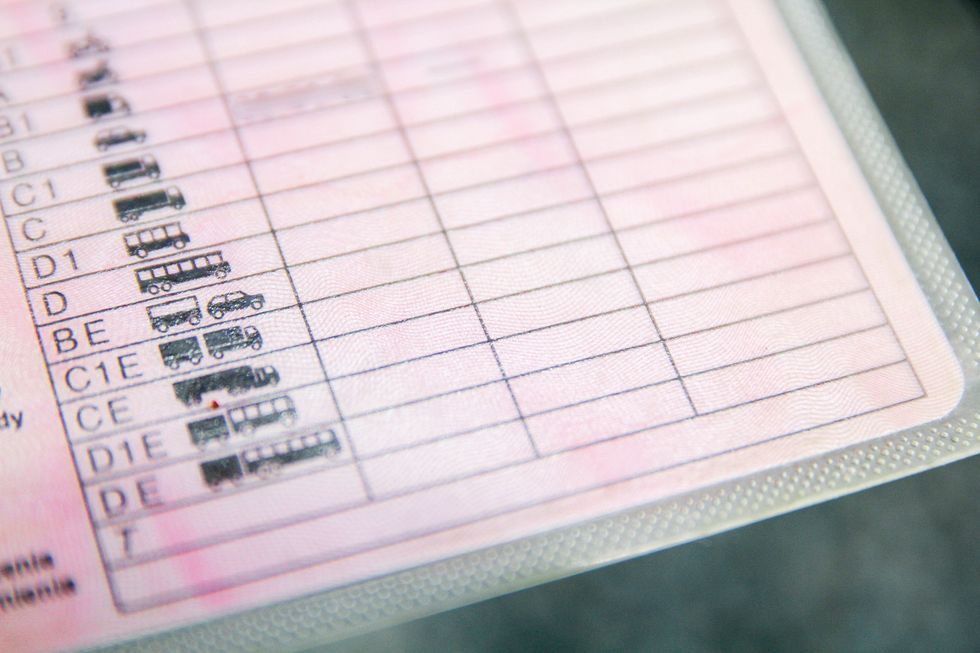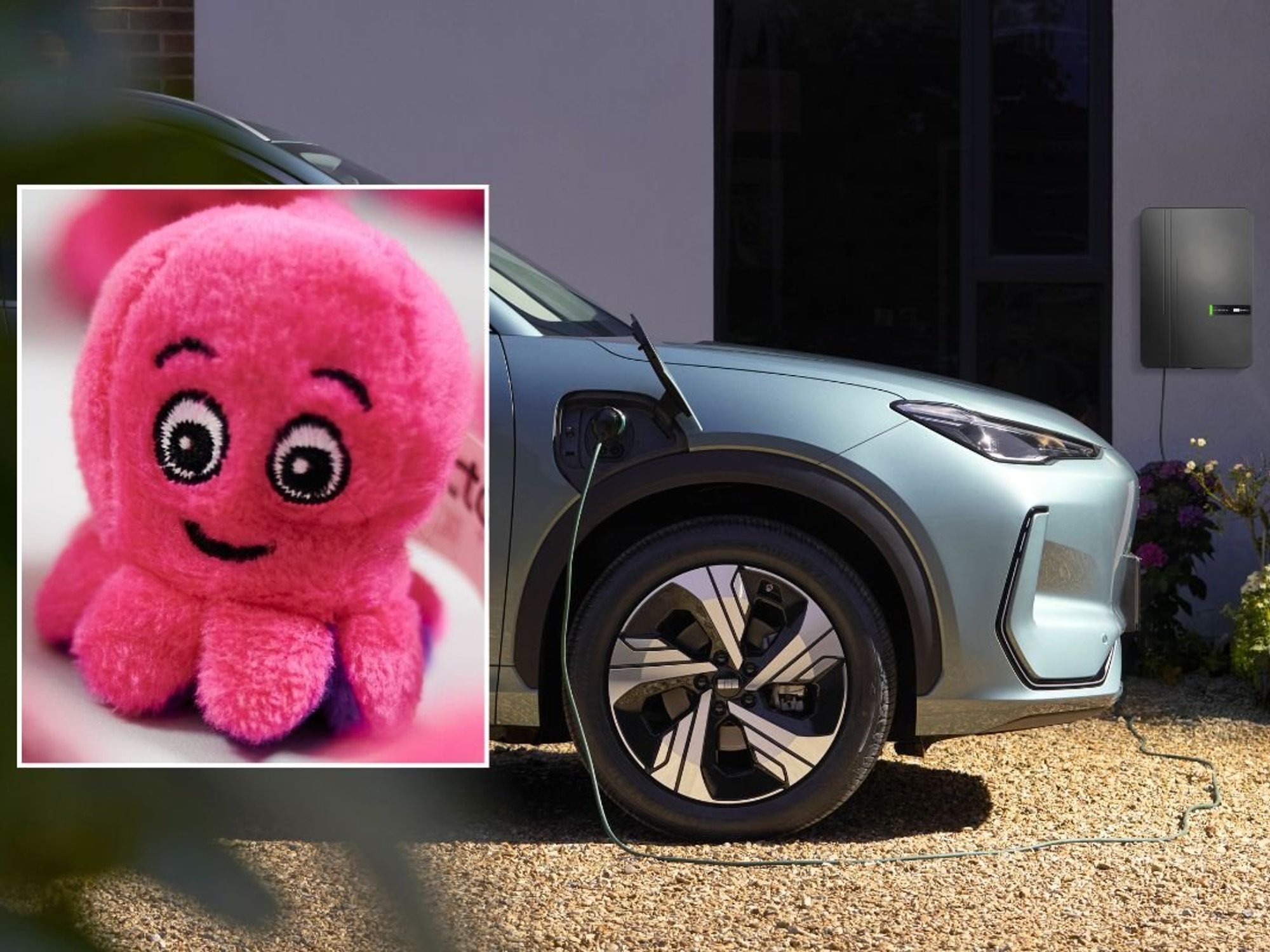Motorists issued urgent warning of new medical driving licence requirements being launched today

Changes see drivers medical requirements align with UK and EU regulations
Don't Miss
Most Read
Drivers have been warned they face significant changes to medical licence requirements being rolled out today affecting thousands of motorists.
The new regulations, which come into force in Jersey today, see the island's standards align with those of the UK and EU and impact how drivers obtain licences.
The overhaul by the Driver and Vehicle Standards (DVS) authority introduces two distinct driving licence groups, each with its own medical criteria. Group 1 covers standard vehicles, while Group 2 applies to larger vehicles and professional drivers.
Group 2 licence holders will be subject to more stringent medical checks due to the increased responsibilities associated with operating heavier vehicles and spending more time on the road.
Do you have a story you'd like to share? Get in touch by emailing motoring@gbnews.uk

The DVS licencing is split into two distinct groups
| GETTYThese changes impact when drivers need to submit medical certificates, the validity periods of licences, and the specific requirements for certain medical conditions.
Parishes will also gain new powers to request practical driving assessments and impose licence conditions. Under the new system, Group 1 licences cover categories: A, A1, B, B1, BE, f, h, k and p, typically including standard cars and motorcycles.
Group 2 licences encompass categories: C, C1, CE, C1E, D, D1, DE and D1E, which include larger vehicles like lorries and buses.
These drivers must also meet higher medical standards and submit a GP2 medical certificate when first applying and at each renewal from age 45.
Those who no longer wish to maintain their Group 2 status can surrender it, with the option to reinstate it within five years without retaking a practical test.
Medical certificates must also be completed by a registered medical practitioner, usually the driver's GP. The GP1 form is used for Group 1 licences, while GP2 is required for Group 2.
The validity periods for driving licences have also been revised under the new regulations. Group 1 licences will now be valid for 10 years, providing a longer period between renewals for most drivers.
For Group 2 licence holders, more frequent checks are required. From the age of 45, these licences will be valid for five years. After reaching 65, annual renewals become mandatory.
These changes reflect the increased health risks associated with ageing, particularly for those operating larger vehicles. GPs may also recommend shorter validity periods based on individual health assessments.
Meanwhile, medical standards have been updated for specific conditions. Vision requirements, as well as rules for epilepsy, seizures, and diabetes, have been modified to align with current medical understanding.
Drivers with concerns about meeting these new standards are advised to consult their doctor promptly. The new medical standards particularly affect drivers with vision issues, epilepsy, seizures, and diabetes.
While specific details of these changes are not provided, they are designed to reflect current medical knowledge and ensure road safety.
LATEST DEVELOPMENTS:

Drivers may need to take additional tests as part of the new medical standards
|GETTY
Drivers who may be impacted by these updated standards should seek advice from their GP as soon as possible. This consultation will help determine if they meet the new requirements for their licence group.
This alignment may facilitate easier travel and licence recognition for Jersey drivers visiting other jurisdictions.
Parishes now have increased authority to request practical driving assessments and impose conditions on licences. This additional oversight aims to enhance road safety across the island.










